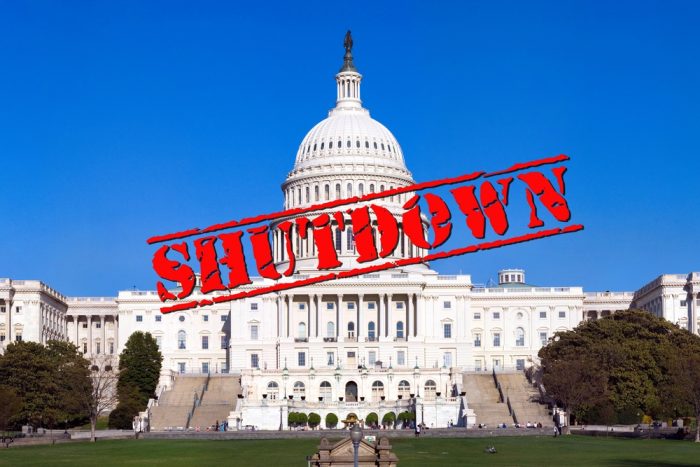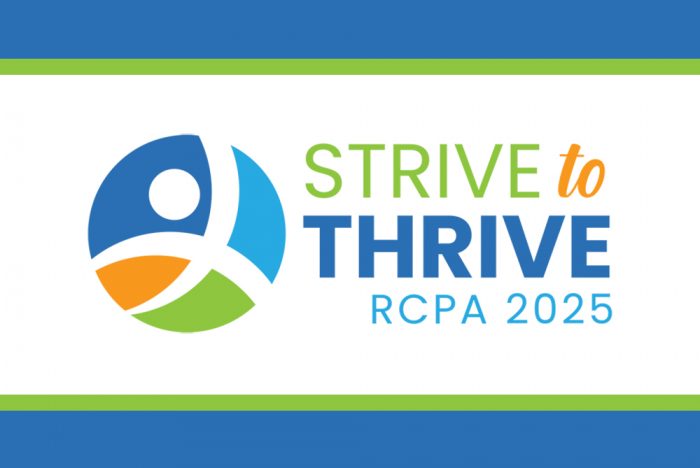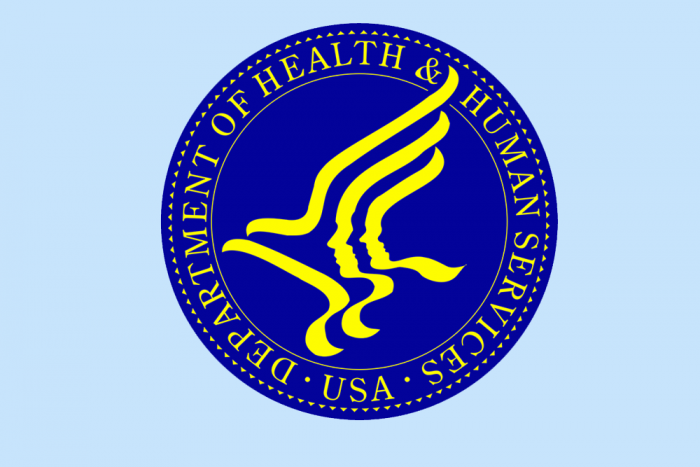ANCOR
Preserving Medicaid Funding & National I/DD Data — ANCOR Live Session December 3
ANCOR Shares 2025 Workforce Crisis Survey Findings and Recommendations
ANCOR and RCPA Provide Details on How Federal Government Shutdown Would Affect Human Services Providers
Last week, the US House of Representatives passed a continuing resolution (CR) to keep the government funded through November 21, 2025. However, the CR legislation was not passed in the US Senate, failing with a vote of 44–48. The House and Senate have now adjourned for recess this week without finding a path forward to keep the government funded past September 30, 2025.
Although there are ongoing discussions among Republican and Democratic leaders, the Senate is not currently slated to return to Washington until September 29, and the House may not return until October. If an agreement on funding legislation is not reached by September 30, there will be a government shutdown.
To help prepare for what a government shutdown could mean, we are providing a helpful resource from McDermott+.
Below are key takeaways from how a shutdown could impact human services providers:
- Depending on the length of a shutdown, Medicaid will continue to have sufficient funding and state payments so that providers should not be interrupted. A shutdown that extends beyond the quarter could potentially result in delayed payments to states, although that is unlikely.
- It is likely that a percentage of HHS staff, including CMS, will be furloughed for the length of the shutdown, although the current administration has yet to release new guidance regarding agency procedures. With limited staff, CMS is unlikely to approve state plan amendments and waivers during a government shutdown, although review may occur in the background.
- During a shutdown, the Administration for Community Living has historically continued activities funded through carryover funding.
- SAMHSA has historically continued substance abuse and mental health programs during previous shutdowns, including those that provide critical behavioral health resources in the event of a natural or human-caused disaster, such as disaster behavioral health response teams, the disaster distress helpline that provides crisis counseling to people experiencing emotional distress after a disaster, and the 988 lifeline to connect people in crisis with life-saving resources.
- The current Medicare telehealth flexibilities are extended via statute. However, the statutory provision expires on September 30, and needs to be extended by legislation (not regulation); these flexibilities would end if a government shutdown occurs. Pre-pandemic limitations for Medicare telehealth coverage and payment would return. These include waivers to geographic and originating site restrictions, expansions to the list of eligible practitioners, authorization of telehealth via audio-only telecommunications, use of telehealth for required face-to-face encounters prior to hospice care recertification, and the delayed in-person visit requirement for tele-mental health service.
- A shutdown could impact the regulatory process. For example, if there were pending rulemaking, the Centers for Medicare and Medicaid Services (CMS) staff who work on these rules, along with the Office of Management and Budget (OMB) staff who review the regulations before they are released, could be furloughed in the event of a shutdown.
- In the event of a government shutdown, Medicare and Medicaid payments to states do not immediately stop if the federal government shuts down. Both Medicaid and Medicare are mandatory spending programs, which means their funding is authorized permanently, and is not subject to the annual appropriations process that lapses.
These are all assumptions based on prior history, but shutdown operations under the new Trump administration could look quite different from how they have previously operated.
For additional information on other health care programs, please see this document.
ANCOR Calls for DSP of the Year Nominees
ANCOR to Host Free Webinar on Systemic Barriers Impacting DSPs on August 6
Engage With National Leaders at the 2025 RCPA Annual Conference!
RCPA may be based in Pennsylvania, but our conference covers topics and features speakers from across the country! Register today, join us at the Hershey Lodge September 9 – 12, 2025, and reserve your room online while the room block is available. By registering, you gain the opportunity to engage with these provocative keynote speakers as they touch on topics that affect all facets of health and human services across the nation:
- Karen Weeks, Founder of Shine at Work, will analyze how to create an organizational culture that supports people’s wellbeing;
- Judge Victor Reyes, Retired Judge and Master Life Coach, will define mindfulness and evaluate its impact in leadership roles;
- Michael Cohen, Duane Morris LLP, will provide insights on how to make one’s workplace open and accessible for as many as possible to prevent workplace harassment;
- Kory Shrum, Bestselling Author and Podcast Host, will deconstruct common self-care myths and provide a practical framework for sustainable self-care practices; and
- Donna Martin, Vice President, State Partnerships & Innovation, ANCOR, and Mohini Venkatesh, Chief of Staff, Strategic Leadership, National Council for Mental Wellbeing, will dive into national trends in health and human services policies and workforce issues.
View our Registration Brochure for complete details of the conference schedule and speakers. Be sure to check the RCPA Conference website regularly for details and updates to the schedule, registration, and sponsors/exhibitors. Register today!
In addition to registration, there are still many opportunities available for sponsorship and exhibit booths, so don’t delay! We are grateful to all our sponsors and exhibitors who help make the conference happen. If your organization is interested in sponsoring or exhibiting at our conference, all information is available in our Sponsor, Exhibit, and Advertise Brochure. Contact Carol Ferenz, Conference Coordinator, for more details.
Thank you to our Sponsors and Exhibitors! We are grateful for your support!











